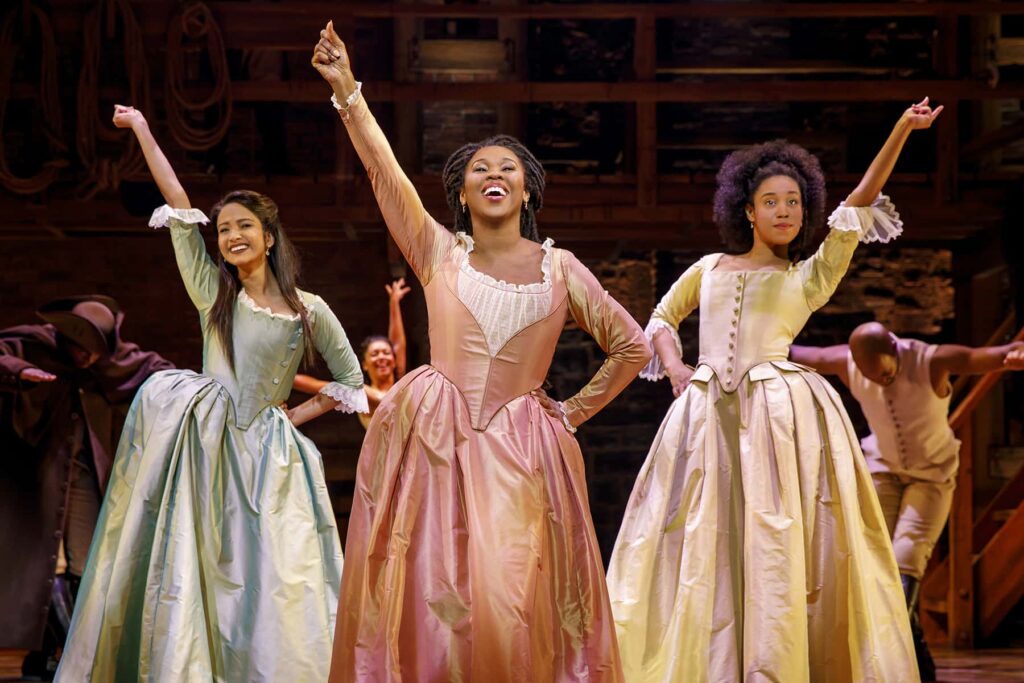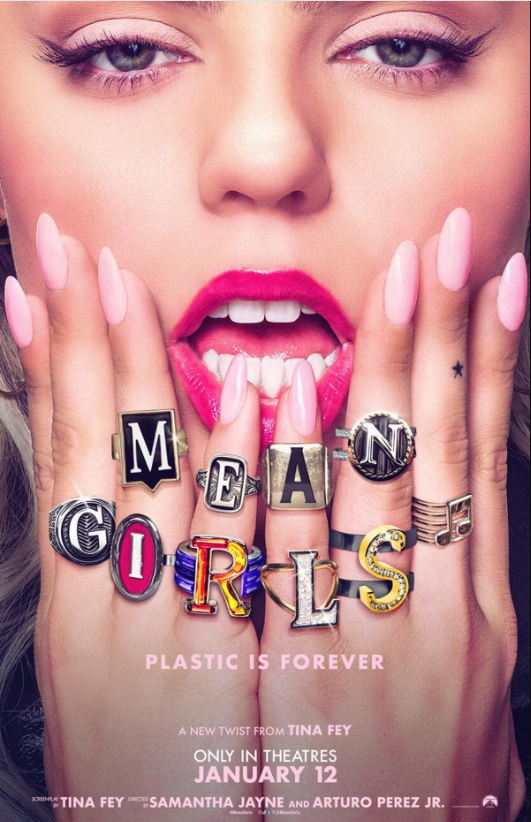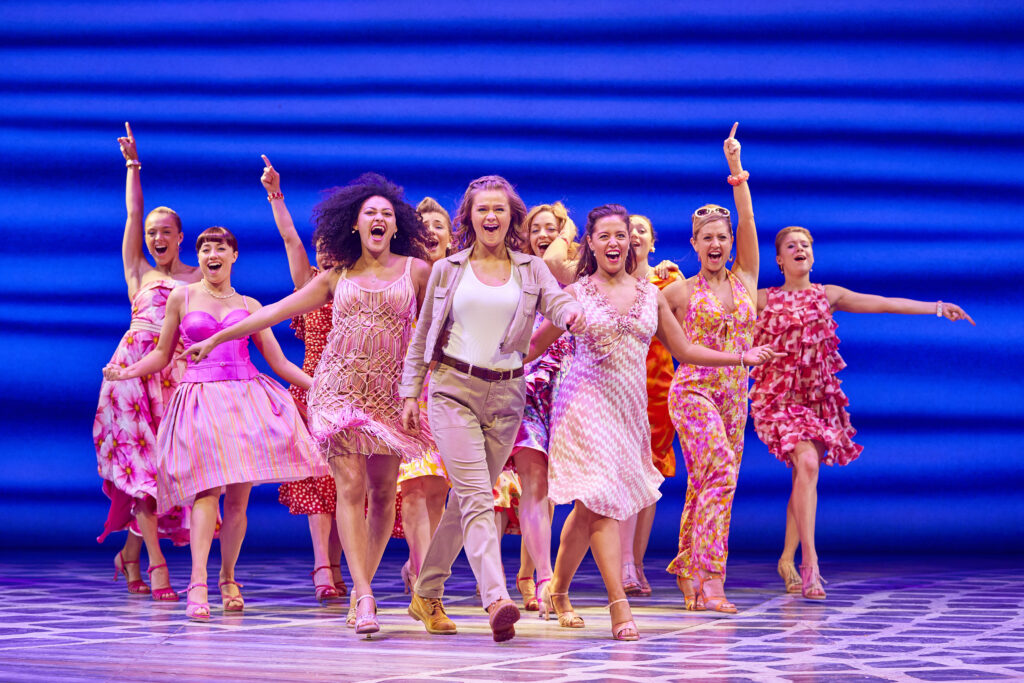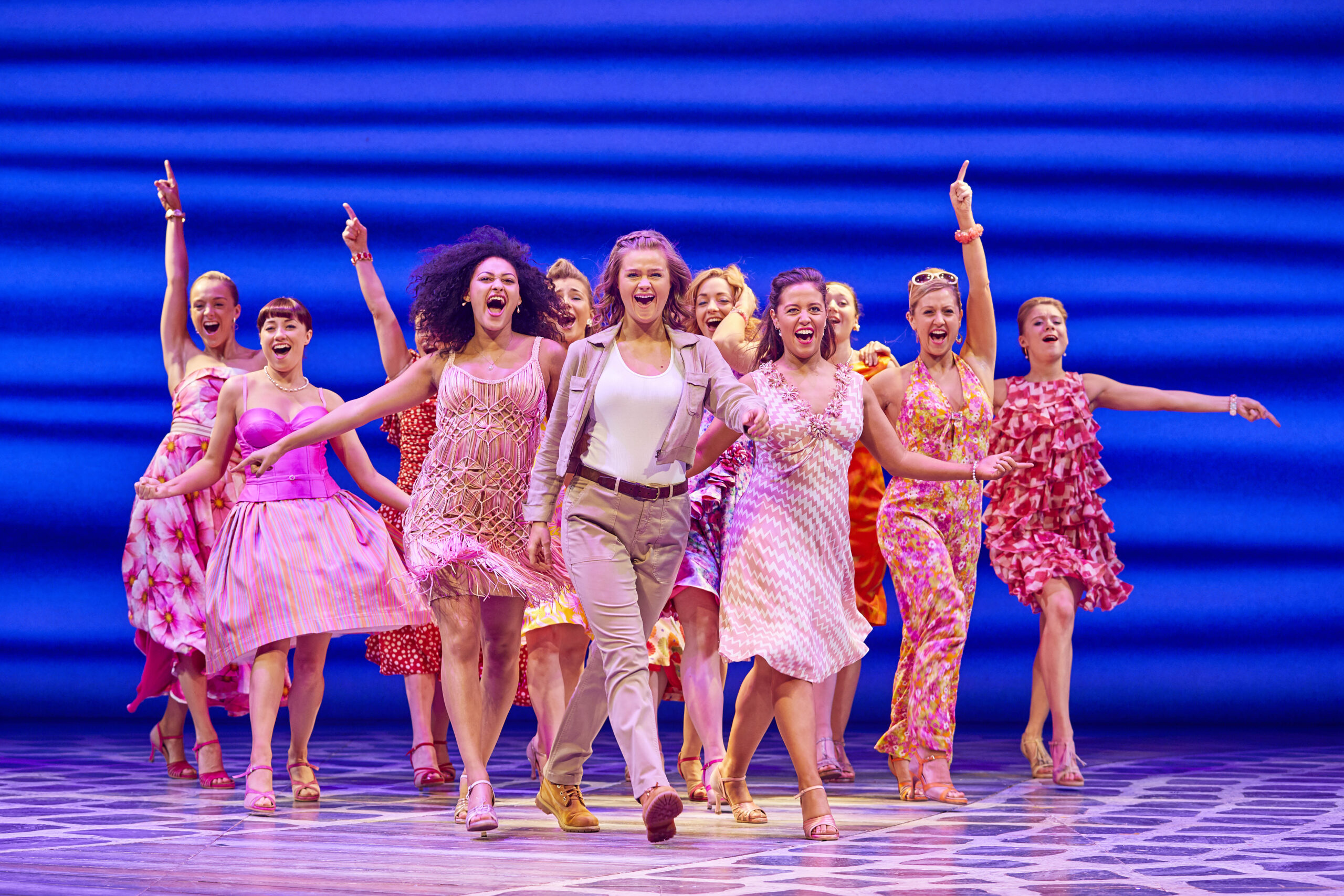Written by: Francesca Sylph, Senior Editor and Aaron Galway, Staff Writer
FOR
Written by: Francesca Sylph, Senior Editor
There’s no question about it: all-singing, all-dancing productions have been given a bad reputation, from stage shows to movie musicals. It’s easy to walk into a cinema screening of Wonka and be shocked when a sickly-looking Timothée Chalamet bursts into song. After all, studios are shying away from exposing musical elements in marketing materials. In December, Deadline reported that “test-audience focus groups generally hate musicals and the only way to get people into the theat[re] with one is to trick ‘em.” The same can be said for Mean Girls and The Ballad of Songbirds & Snakes, both of which feature an Olivia Rodrigo song in trailers as opposed to an actual musical number from the movie… Justice for Rachel Zegler’s foot-stomping, Appalachian folk songs, please!
Hatred for musicals is alive and thriving in the West End world, too. In an article for The Spectator, playwright David Hare likened stage musicals to an invasive plant, strangling the cultural life out of London’s theatre scene. Most criticism launched at musicals assume that the shows lack substance. When Hare laments the loss of “straight plays,” he means those that are serious and sophisticated. In other words, dreadfully dull. I’d take a camp musical over a “straight play” any day.

The assumption that all musicals are frivolous and lack intellectual weight is wildly incorrect. What is Hamilton if not a lesson on the US Constitution? Would Hare dare to label Les Misérables as apolitical and unimportant? How about Rent, an emotional depiction of the AIDS epidemic? Furthermore, even if all musicals were frivolous (which many are), what’s wrong with that? Does Hare hate fun? He has never experienced the transcendent joy of dancing around to ABBA in a pair of dungarees and it shows. Furthermore, the belief that musicals are for the masses implies that musicals are for women. As we know, women’s interests, from Mamma Mia to One Direction, are consistently devalued, despite the fact that women make up 70% of theatregoers according to Arts Council England.

If you despise musicals as much as David Hare, then I doubt I could change your mind. If you want to stick to your three-hour-long, kitchen sink dramas, then that’s fine. I am simply arguing for musicals (and their fans) to be granted the same level of respect.
AGAINST
Written by: Aaron Galway, Staff Writer.
Musical theatre has been famous for decades and continues to attract audiences of all ages, from jukebox musicals like Mamma Mia, We Will Rock You and The Bodyguard to modern classics like The Phantom of the Opera, Hairspray and Les Misérables. With timeless shows such as The Sound of Music, West Side Story and The Wizard of Oz, there is something for everyone.
However, the cost of theatre tickets can be a barrier for many people. High ticket prices limit opportunities for people’s enjoyment. For example, tickets to one of West End’s most popular performances Mamma Mia can set you back around £100!

Unfortunately, the show I went to see was bland. I had difficulty staying engaged due to frequent breaks disrupting the flow and making it difficult to sustain attention. I noticed that the breaks were extremely disruptive during the more engaging and emotional scenes, leaving me feeling disconnected from the story.
Despite these frustrations, theatrical experiences can be improved, but will they ever be? Theatres could re-evaluate their break policies and consider alternative ways to keep the audience engaged during longer shows. They could provide more interactive elements, such as sing-alongs, or even incorporate technology to enhance the experience.
Musical theatre has the potential to be enjoyed by everyone. While ticket prices can be a barrier, there are ways to improve the theatre experience and make it more accessible and engaging for others. By re-evaluating break policies and experimenting with new ideas, theatre can remain relevant and engaging entertainment for generations to come. But right now, musical theatre is not in the good books for many people.

